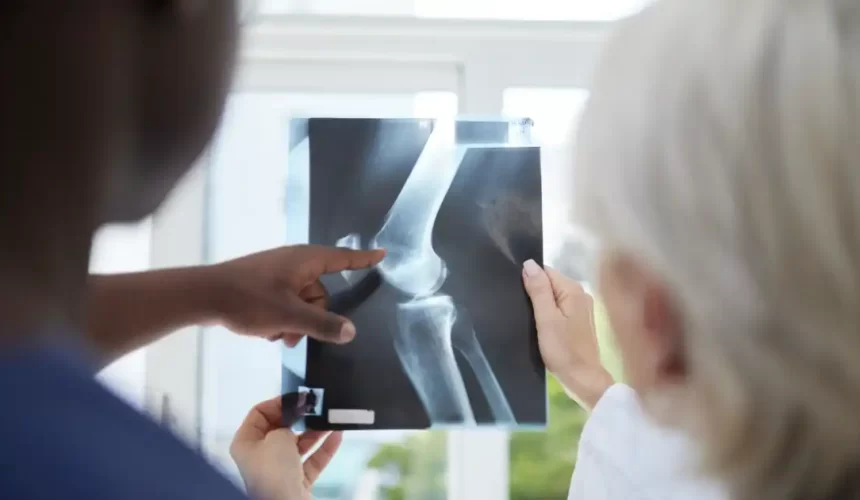A bone density scan is a simple medical test that helps doctors assess the strength of your bones. This scan is important because it helps detect osteoporosis early, a condition that weakens your bones and makes them more susceptible to fractures. Here’s everything you need to know about this helpful test. What is a Bone Density Scan? A bone density scan measures how dense, or thick, your bones are. It uses very low levels of X-rays to check if your bones are healthy or if they are thinning. The scan is fast, safe, and painless. It’s different from a regular...
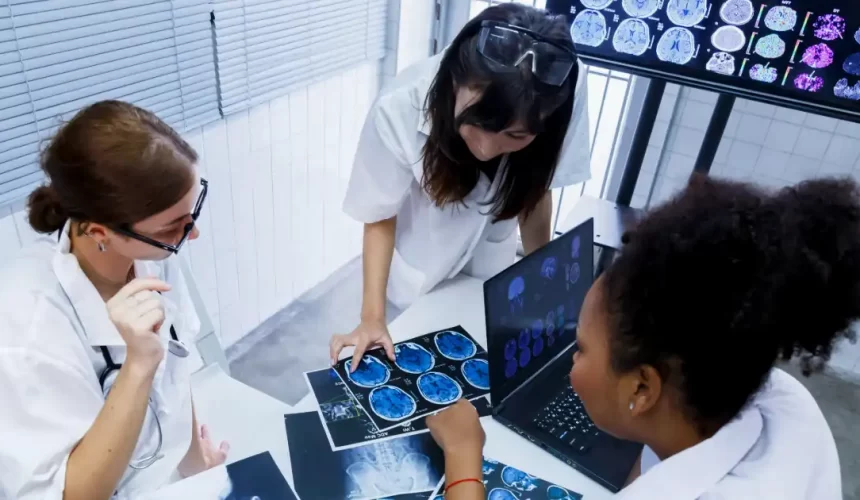
Top 6 Questions Patients Ask About MRI Scans
An MRI scan, or Magnetic Resonance Imaging scan, uses powerful magnets and radio waves to create clear pictures of the inside of your body. Patients often have common questions about MRI scans. Here are the answers to the 6 most frequently asked questions we receive at our medical center. 1. What is an MRI scan used for? Doctors use MRI scans to examine organs, bones, and tissues in detail. They help find injuries, tumors, infections, and problems in your brain, spine, joints, and other body parts. MRI scans provide clear images that other tests might miss. 2. Does an MRI...
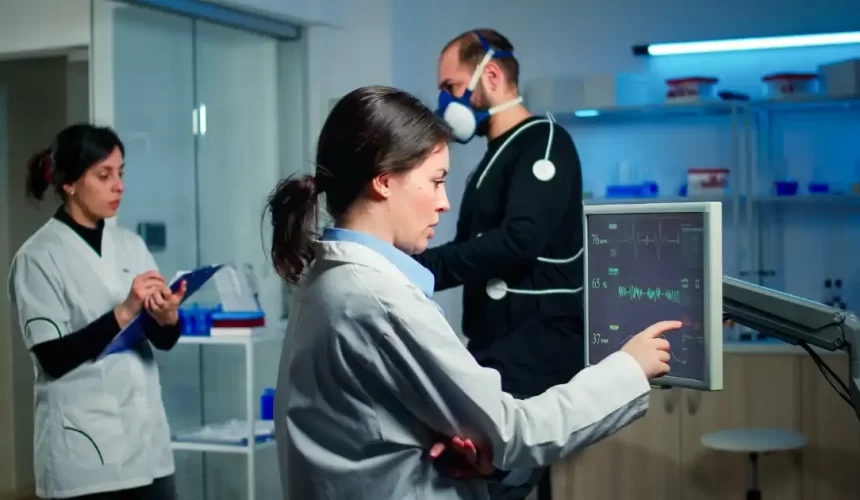
24-Hour Holter Monitors: Tracking Heart Rhythms Over Time
What Is a 24-Hour Holter Monitor? A 24-hour Holter monitor is a small, wearable device that records your heart’s electrical activity for a full day. It works like an extended EKG (electrocardiogram) but captures 24 hours of data instead of just a snapshot. Doctors use it to determine if your heart is beating too fast, too slow, or irregularly. Why Would You Need One? Sometimes, heart problems don’t show up during a regular checkup. They may come and go during the day or night. A 24-hour Holter monitor helps your doctor see what your heart does during everyday activities, like...
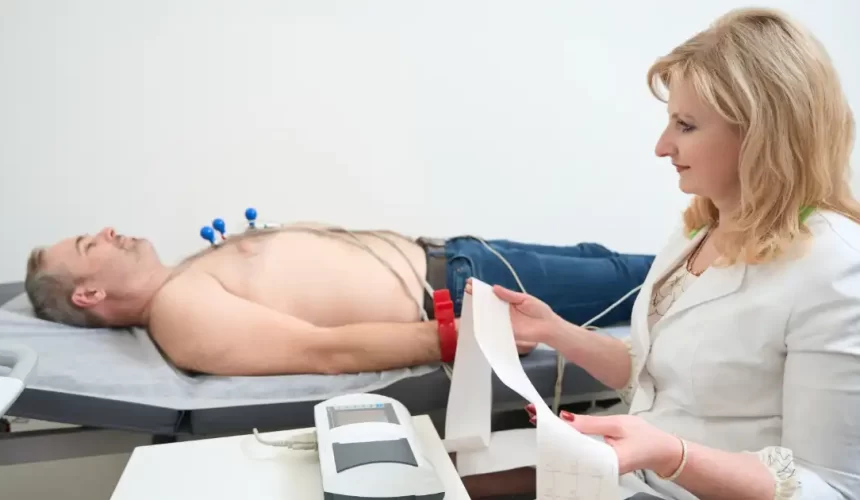
Vascular Studies: Checking Your Blood Flow Health
Vascular studies are tests that help doctors check how well blood flows through your veins and arteries. They are simple, safe, and helpful for spotting problems before they become serious. These tests use advanced tools that let doctors see inside your blood vessels without surgery. Your circulatory system is like a network of roads; your blood is the traffic. If there’s a blockage or slow movement, it can cause trouble in other parts of your body. Poor blood flow might not cause pain immediately, but can damage organs over time. Catching circulation problems early can help you avoid strokes, heart...
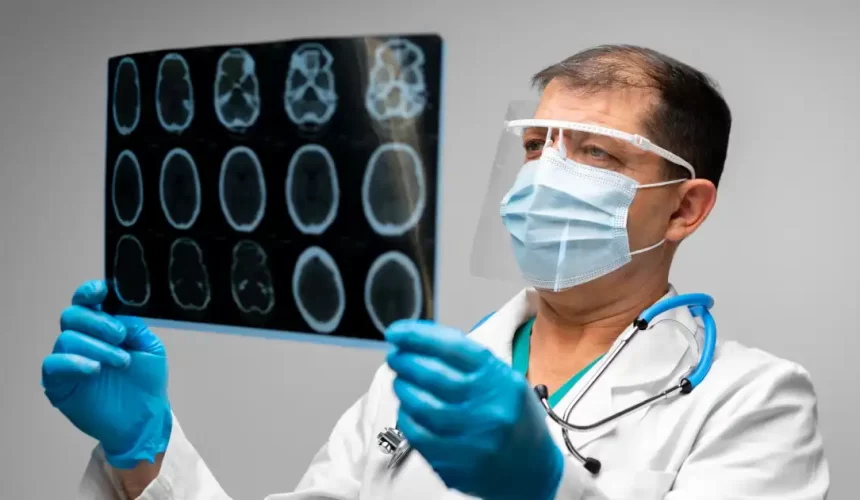
Nuclear Medicine: How It Helps in Diagnosing Diseases
Nuclear medicine is a powerful tool in modern healthcare. It helps doctors see how the body is working from the inside. Unlike regular X-rays or scans, nuclear medicine shows how organs and tissues function, not just how they look. This makes it easier to find problems early and treat them faster. What Is Nuclear Medicine? Nuclear medicine is imaging that uses small amounts of radioactive material, called radiotracers. Doctors give the radiotracer to a patient by mouth, through a vein, or by inhaling it. Once inside the body, the tracer travels to the area being studied. A special camera then...
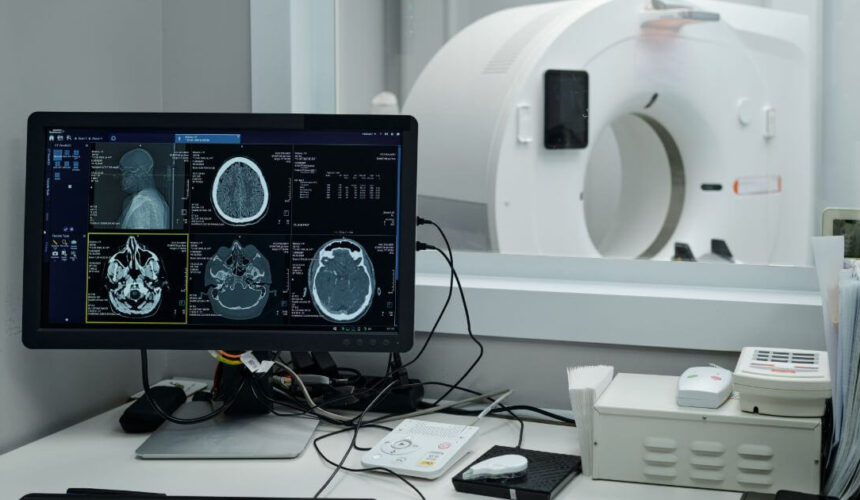
CT and CTA Scans Explained: A Simple Overview
CT and CTA scans are common imaging tests, but they show different parts of the body. A CT scan looks at bones, organs, and soft tissues, while a CTA scan focuses on blood vessels using a special dye. These scans help doctors determine what’s wrong inside the body and guide treatment. I will discuss how they work, what they show, and when you might need one. What Is a CT Scan? A CT scan stands for Computed Tomography. It uses X-rays to take many pictures of the body from different angles. A computer then combines the images to create a...

Diagnostic Center in Miami vs. Hospital Testing: What’s the Difference?
If your doctor says you need a medical test, you have two main choices: a diagnostic center in Miami or a hospital. While both places can do the job, they work in different ways and offer different experiences. Diagnostic centers usually focus only on imaging and testing, while hospitals do everything from emergencies to surgeries. I will break down the key differences in cost, convenience, wait time, and how each place treats you. Cost: Diagnostic Centers Are Often Cheaper Hospitals usually charge more for the same test. This is because hospitals have more staff and higher operating costs. At a...
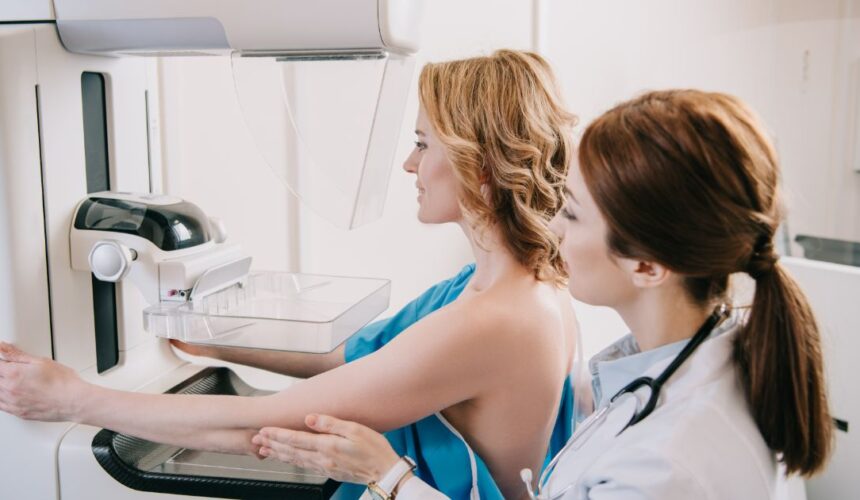
Mammogram or Breast Ultrasound? Here’s How to Tell the Difference
If your doctor recommended a mammogram or breast ultrasound, you might wonder which one you need and why. Both tests look at the inside of your breasts, but they do it in different ways and for other reasons. We’ll walk through what each one does, why your doctor might recommend it, and how they work to keep you healthy. If you’re unsure, overwhelmed, or just curious, you are in the right place. Our goal is to explain things so you can walk into your appointment feeling calm, confident, and informed. What Is a Mammogram? A mammogram is a special X-ray...
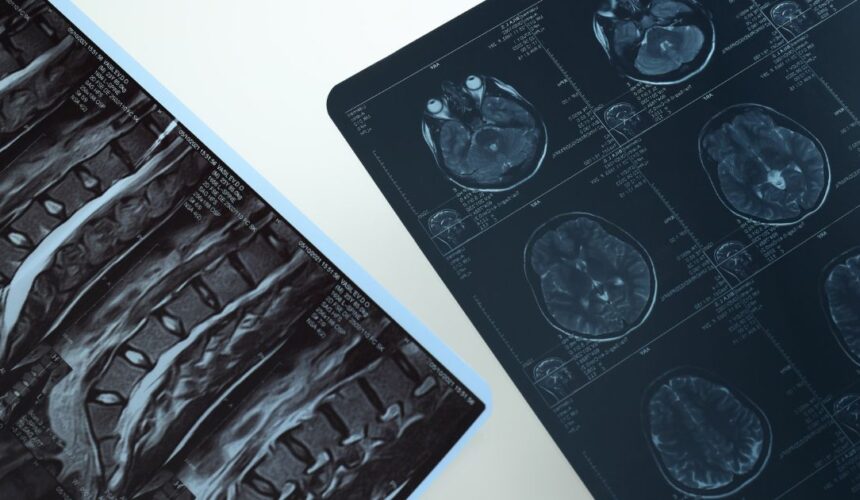
The Differences Between MRA and MRI
If your doctor has ordered an MRA or MRI, you might wonder what the difference is. These tests sound alike, and they both take pictures inside your body. But they are used for different things. I will discuss each test, how it works, and when doctors use it. What Is an MRI? MRI stands for Magnetic Resonance Imaging. It uses strong magnets and radio waves to make detailed pictures of your body’s organs, muscles, bones, and other soft tissues. MRI scans help look at the brain, spine, joints, and belly. Doctors may order an MRI to check for: Brain injuries...
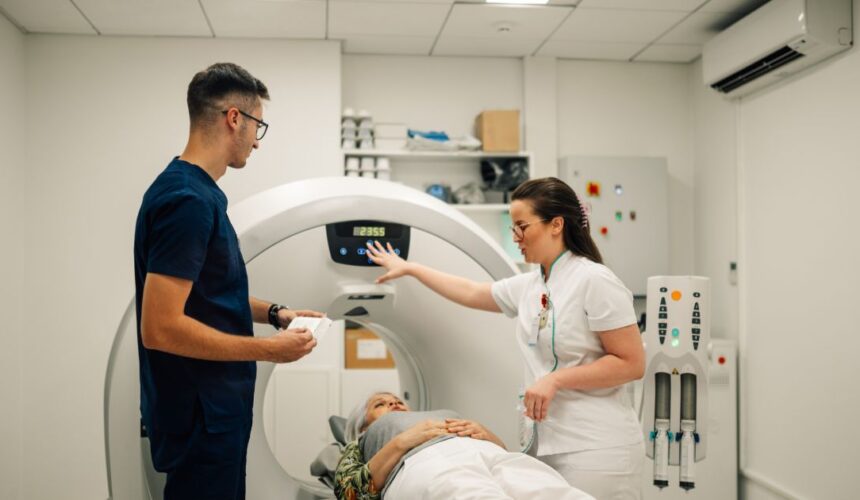
Getting an MRI Enterography? Here’s How to Prepare
Are you getting an MRI enterography soon? If you’re feeling nervous and confused, you are not alone. That’s normal. I will walk you through the test, how it works, and what you need to do before the appointment. MRI enterography is a fancy way of saying the doctors will take detailed pictures of your small intestine to see if anything is happening, like swelling, bleeding, or blockages. What Is an MRI Enterography? MRI stands for Magnetic Resonance Imaging. It uses magnets and radio waves to take pictures inside your body. “Enterography” means the pictures focus on your intestines. This test...

